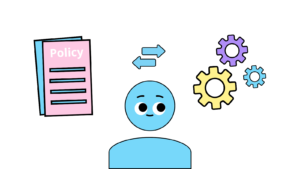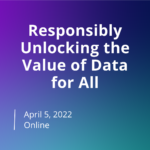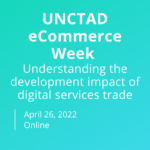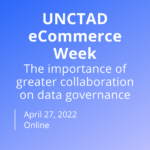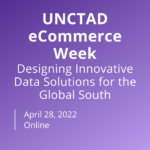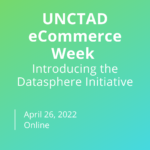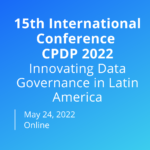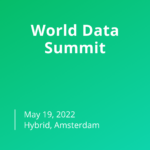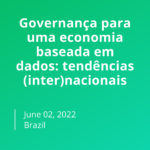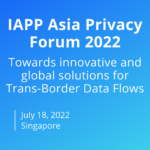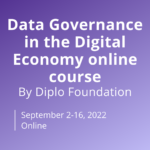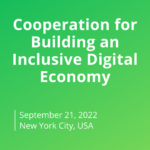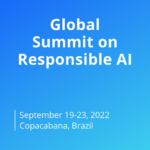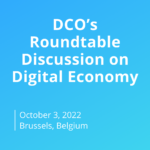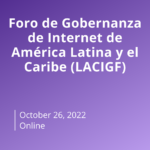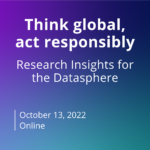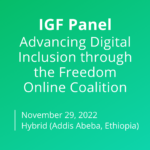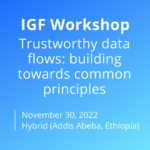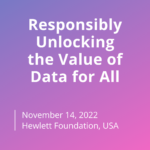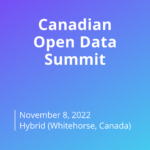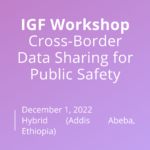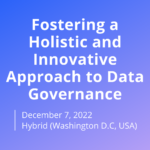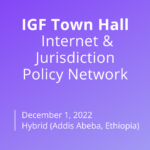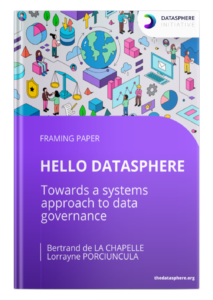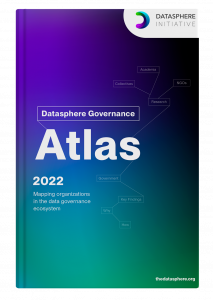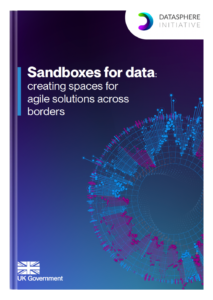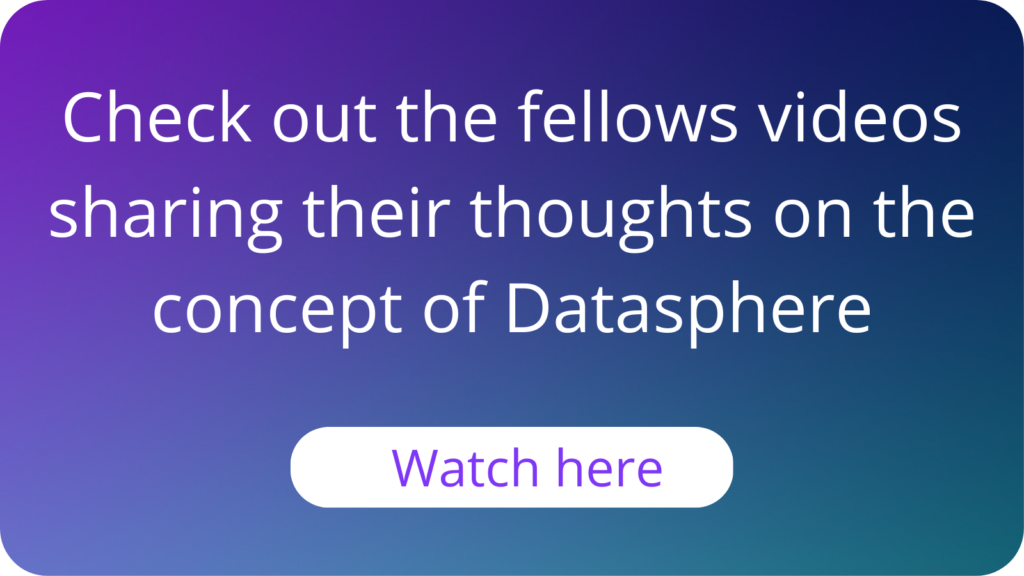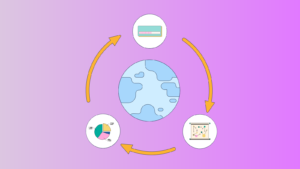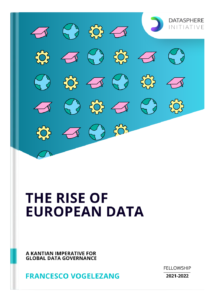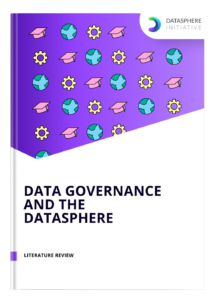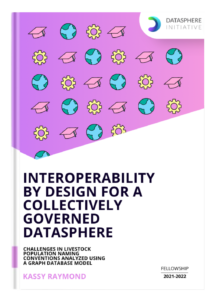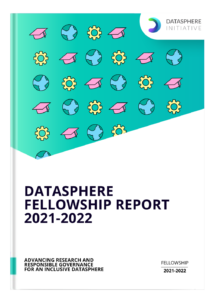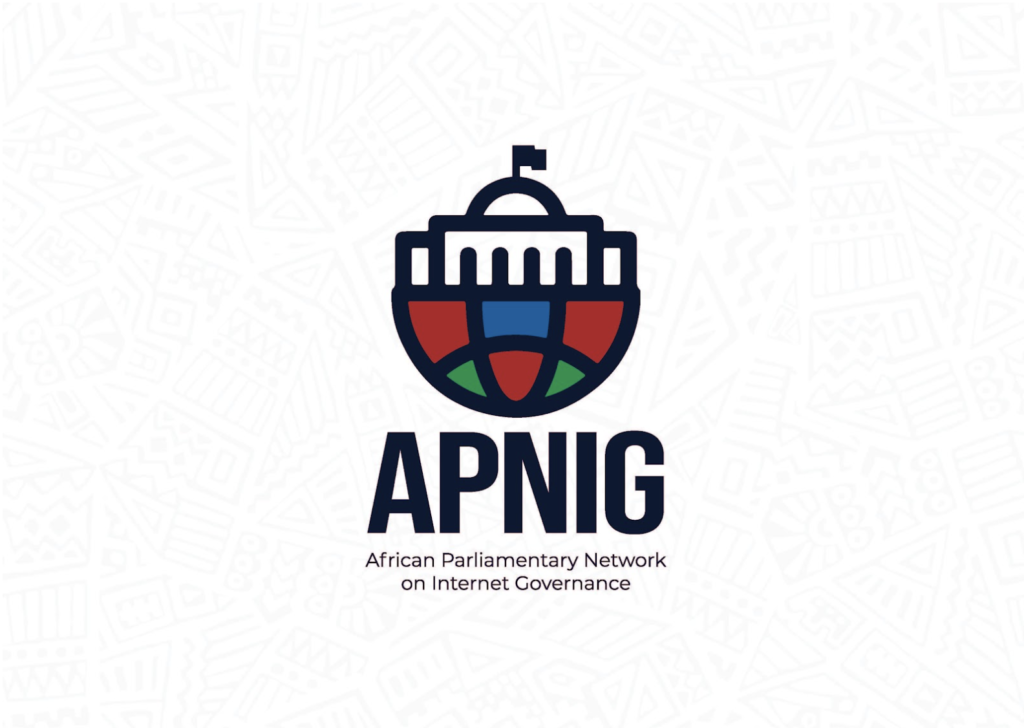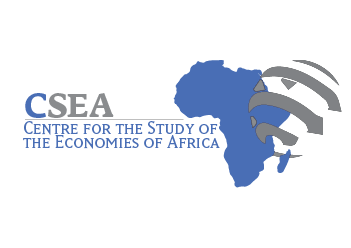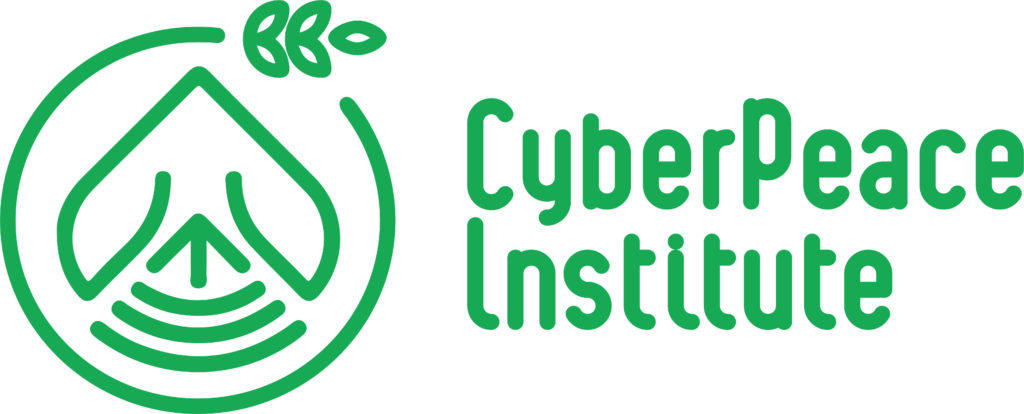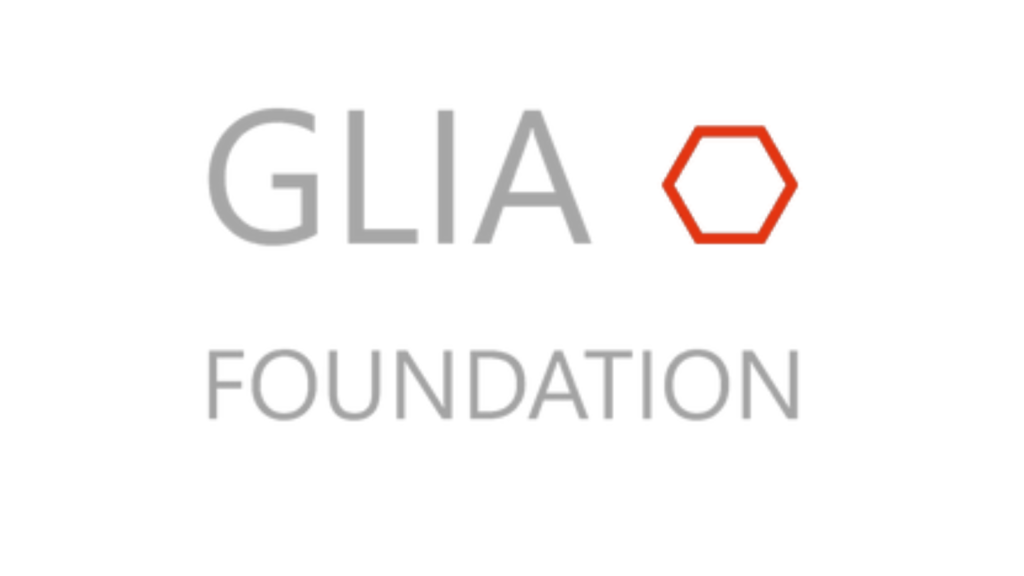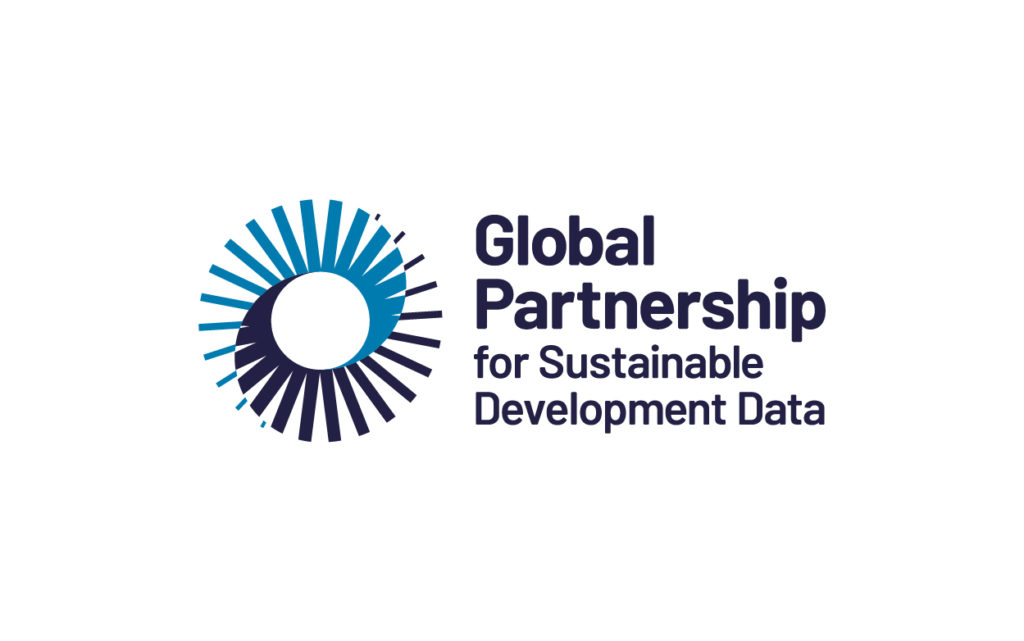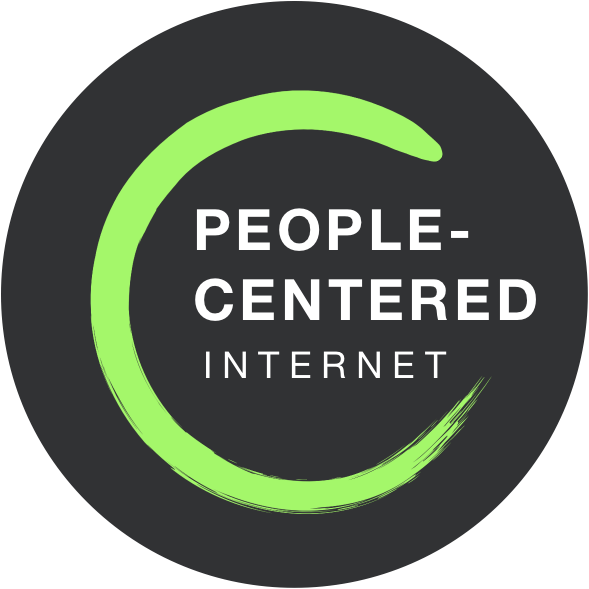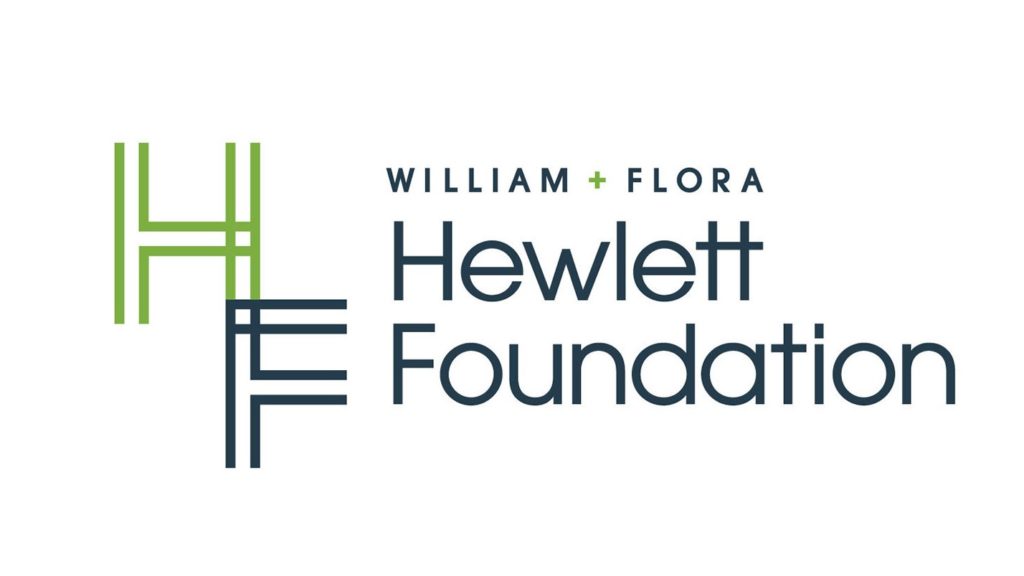
A Year in Review
Year in Review
2022
On April 5, 2022, the Datasphere Initiative was launched as a new organization building agile frameworks to responsibly unlock the value of data for all.
This annual report presents the organization’s learnings, impact and what is coming next.
We are thankful to the following partners that supported different activities over the course of the 18 months that enabled us to launch the Datasphere Initiative:
Google, Government of Germany Federal Ministry of Economic Affairs and Energy (BMWi), Government of Switzerland, United Kingdom’s Department for Digital, Culture, Media and Sport (DCMS), Microsoft, Ministry of Economy Trade and Industry of Japan, Omidyar Network, William and Flora Hewlett Foundation.
LEARNINGS
5. We need more experimentation
There is a pressing need for a different and innovative approach to data governance. One that is proactive, systemic, transdisciplinary and evidence-based, that establishes the appropriate safeguards to legitimate concerns, while maximizing well-being for all through the creation and distribution of social and economic value.
ACTIVITIES & IMPACT
DIALOGUES & DEBATE ON DATA
OUR EVENTS IN 2022
790+
registered participants in the events we organized in 2022
50,5%
of attendees were female
49,5%
of attendees were male
54,5%
of invited speakers were female
45,5%
of invited speakers were male
41
external media mentions,
including →
- Where technology meets humanity – Geneva Digital Atlas
- 2022 Outcome Report. Data and Digitalization for Development – UNCTAD eCommerce Week
- Data holds much more than oil, and it’s coming to Geneva – Geneva Solutions
- Exploring new policy tools for managing data across borders – Department for Culture, Media and Sport, United Kingdom (UK DCMS)
- Chief Data Officer Magazine (CDO) blogs, including “How Global Data Policy Debates Impact Your Work as a Data Officer“, “Why Diversity is Necessary for Effective and Future-Orientated Data Management“, or “Are you prepared for the New Data Governance Challenges and Opportunities in the EU?“, among others.
- External newsletters, including Open Future, and D4D Network
BLOGS
The Datasphere Initiative produced 47 blogs on how data governance is evolving and impacting our digital society.
Top 5 most visited blogs in 2022
INSIGHTS AND RESOURCES ON DATA
RESOURCES
The Datasphere Initiative produced resources to frame the concept of the datasphere, map organizations in the data governance ecosystem, and provide policy guidance on sandboxes for data.
Honing the concept of the Datasphere and how it can helpful for guiding data governance.
Identifying the organizations working on data governance across sectors and geographies.
Developing agile frameworks for responsible data-sharing.
FELLOWSHIP PROGRAM
The Datasphere Initiative launched its first Fellowship inviting graduate students and young professionals to work on novel research and dialogue related to data governance.
12 blogs
3 papers
The essay assesses the impact on global data flows of the cross-border provisions introduced by the Data Governance Act (DGA) and the Data Act (DA).
This paper provides a preliminary mapping of academic literature on data governance and explores the emerging conceptual framework of the “Datasphere”.
This paper presents a graph database-based framework for temporal querying of data and metadata which allows for the discovery and cataloguing of data using livestock population data and their classifications as a case study.
1 Wikipedia article
Datasphere Fellowship Report 2021-2022
The fellow’s outputs, key learnings, and contributions to furthering understanding of the concept of the datasphere and the ways in which diverse policy issues are impacting our ability to responsibly unlock the value of data for all have been presented in the Datasphere Fellowship Report 2021-2022, by the Datasphere Initiative.
The 2021/2022 cohort of fellows presented their research and showcased the insights they gathered on the concept of the Datasphere at a virtual event on October 13, 2022.
The Datasphere Initiative welcomed the second cohort of fellows in October 2022.
A NEW INSTITUTION
BOARD OF TRUSTEES
On September 22, 2022 the Datasphere Initiative was founded as a not-for-profit foundation headquartered in Switzerland appointing an inaugural Board of Trustees.
Michael Kende
Anne Carblanc
Stéphane Duguin
Chair Board of Trustees
Member Board of Trustees
Member Board of Trustees
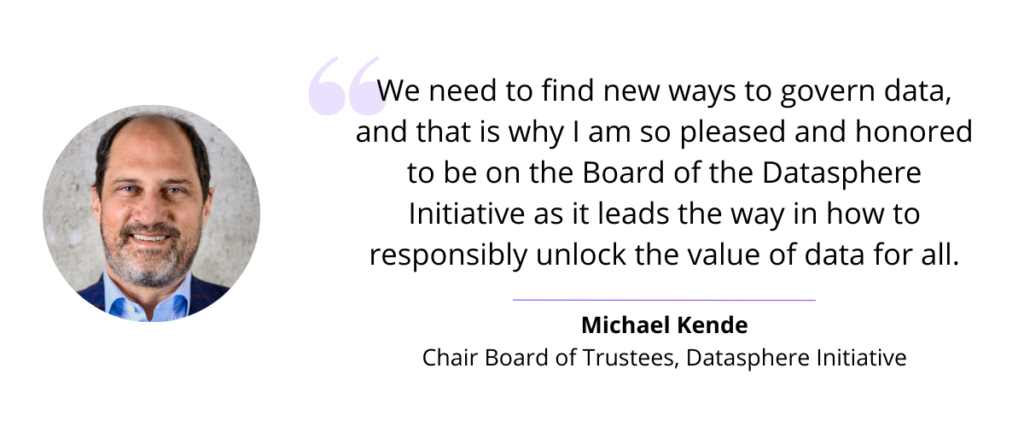
A GLOBAL TEAM
The Datasphere Initiative built a diverse team spanning geographies and experiences.
A GLOBAL NETWORK
20+ organizations joined the Datasphere Initiative as a partner.
WHAT´S NEXT
1. Catalyzing a community
Building on the Datasphere Governance Atlas, a mapping of 260 organizations working on data governance around the world, the Datasphere Initiative aims to leverage and expand this research into an interactive coordination platform. This will provide structured in depth information on the organization and initiatives shaping and framing the data policy landscape, including funders, in order to support community coordination towards better and more inclusive strategic engagement, policy action and technology development for the digital society.
2. Amplifying voices
The Datasphere Initiative will continue to foster a more inclusive and participatory approach to data governance, both at national, regional and global levels. As a prize winner of the Omidyar Network Future of Data Challenge, the Datasphere Initiative is launching a project to develop awareness-raising and learning campaigns, to showcase the voices and experiences of youth from the United States on how data shapes their lives. Results and learnings will be shared to bridge gaps between youth and decision-makers through structured advocacy and outreach.
To expand our understanding of data governance and its relationship to Artificial Intelligence’s impact on society, the Datasphere Initiative will also be continuing its webinar series with the D4D Network to understand trends and challenges arising across regions particularly in the Global Majority.
3. Experimenting with innovative solutions for concrete data challenges
The stakes are high on tackling the emerging global challenges and bottlenecks related to data access and sharing. Yet, we continue to use traditional tools and governance that have proven insufficient to tackle novel dilemmas. New regulatory and technological tools are needed to handle the complexity of data-sharing across borders and sectors. The Datasphere Initiative is committed to identifying paradigm shifts and experimenting with innovative approaches that responsibly unlock the value of data for all.
The Global Forum on Sandboxes for Data will consolidate good practices and coordinate experts to advance the implementation of sandboxes applied for concrete cross-border data challenges, while the Africa Forum will build a pan-African community to enable innovative cross-border data governance solutions for the region.
In addition, the Datasphere Initiative and interested partners will experiment with developing Template Modular Charters for Data-Sharing Communities on concrete pilot cases that could significantly reduce transaction costs for actors, provide predictability, and enable responsible data sharing.
4. Shaping a global agenda
The Datasphere Initiative will continue to encourage organizations and individuals to reflect on how data governance challenges are creeping into numerous economic sectors and social dimensions in order to combine efforts at developing both sectoral frameworks and global ones. We are planning more dialogues, events and thought pieces to showcase innovations and moonshot solutions to address the planetary challenges that data governance poses. We are taking part in coalitions to shape the international agenda towards a more holistic and inclusive approach to data governance.
The Datasphere Initiative will organize a Summit to connect stakeholders across-sectors and geographies to share technological and policy innovations and develop a common roadmap to responsibly unlock the value of data for all.
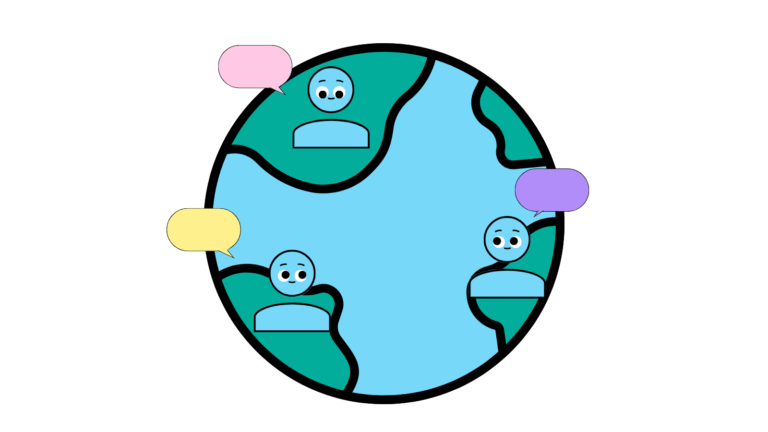
Join our Network as a friend or partner
And follow us on social media!




